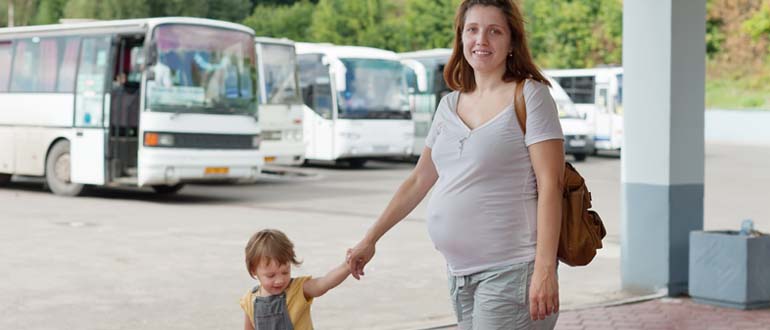Food insecurity linked to discrimination and poorer health outcomes

If an individual or family chronically cannot access sufficient nutritious food, they are considered food insecure. This could occur for a variety of reasons, including lack of funds or access. According to the Freestore Foodbank, 270,000 people in the tri-state area are food insecure. More than 80,000 of those people are children.
People in this situation have very few options. They may need to skip meals, eat cheap and unhealthy food, ration the food they do have, or rely on family members to supplement food items (if they have that support system in place).
How it might happen
Here’s just one example of how food insecurity could happen. Say an area grocery store has closed, creating a neighborhood food desert. Community members without personal vehicles must depend on public transportation to reach a supermarket in a different neighborhood. The additional time and expense create significant barriers.
They turn to buying food from the nearby convenience store, which stocks very few healthy items. The same items in the convenience store also cost more than they do at grocery stores, so their money doesn’t go as far. Suddenly, they find they must reduce portion sizes and even occasionally sacrifice entire meals.
Negative health impact
There is a link between food insecurity and discrimination. Children’s HealthWatch research shows that “[m]ore experiences of discrimination are related to higher levels of household and child food insecurity.”
It should come as no surprise that not having regular access to nourishing food has a negative impact on health. Food insecure children are more likely to suffer from “anemia, lower nutrition intakes, cognitive problems, and aggression and anxiety,” as well as “poorer general health and…asthma,” among other conditions, according to Health Affairs.
While many assistance programs exist to relieve food insecurity, not everyone is aware of these resources or knows how to access them. Health Care Access Now’s (HCAN) Community Health Workers address food insecurity as part of the Pathways Community HUB model they use to identify and eliminate barriers to clients’ good health outcomes. Read more about how in HCAN’s latest Annual Report.






